Consider SEO as a high-stakes game of hide-and-seek in which everyone is vying to be ‘it.’ Should you not be “it,” you can be invisible in Fintech. But not to worry; once you’re there, everyone is looking for you; understanding Fintech SEO is like discovering the ideal hiding place. And here at Plerdy, our first goal is to have you the most sought-after player on the digital playground. So get ready as we travel across the exciting realm of Fintech SEO techniques in 2024, where being found means everything.
Understanding the Fintech Market Landscape
Imagine negotiating a maze; the Fintech market terrain in 2024 is always changing and new paths are opening out around every turn. Knowing the geography helps one survive and succeed in this busy surroundings.
Market Growth and Trends
From a tiny market to a worldwide powerhouse, the fintech sector has seen an unheard-of explosion. Driven by technical developments, consumer demand for quick and creative financial services, and a move toward digital transactions, the industry is flourishing. A Forbes analysis projects an amazing worldwide Fintech market worth, suggesting a pattern of strong expansion. Advances in artificial intelligence, blockchain, and tailored banking solutions—which change consumer and company financial management—fuel this growth.
SEO’s Role in Fintech
In this fast changing environment, SEO has evolved into a lighthouse pointing possible consumers to Fintech solutions. The fight for online presence has gotten increasingly fierce as more players show up on the pitch. Good SEO techniques enable Fintech businesses to communicate their special value proposition, cut through the clutter, and reach their target market. Including SEO into your marketing campaigns guarantees that your answers will be found when possible clients search engines with financial questions. Studies from the Search Engine Journal show that businesses using strategic SEO techniques have noticeably more interaction and conversion rates than those without.
Negotiating the Fintech market terrain without knowledge of its trends and the need of SEO is like sailing without a compass. In this ever-changing environment, fintech startups with the right knowledge and approach might find success.
One thing is certain as we see these fascinating changes in the market: being ahead in the Fintech game is about being visible and available where it counts most, in the huge digital universe, not only about providing creative solutions. Effective use of SEO helps Fintech companies to make sure they are not only a feature of the scene but also major actors influencing its development.
Fintech SEO Strategy: Prioritizing Keyword Research
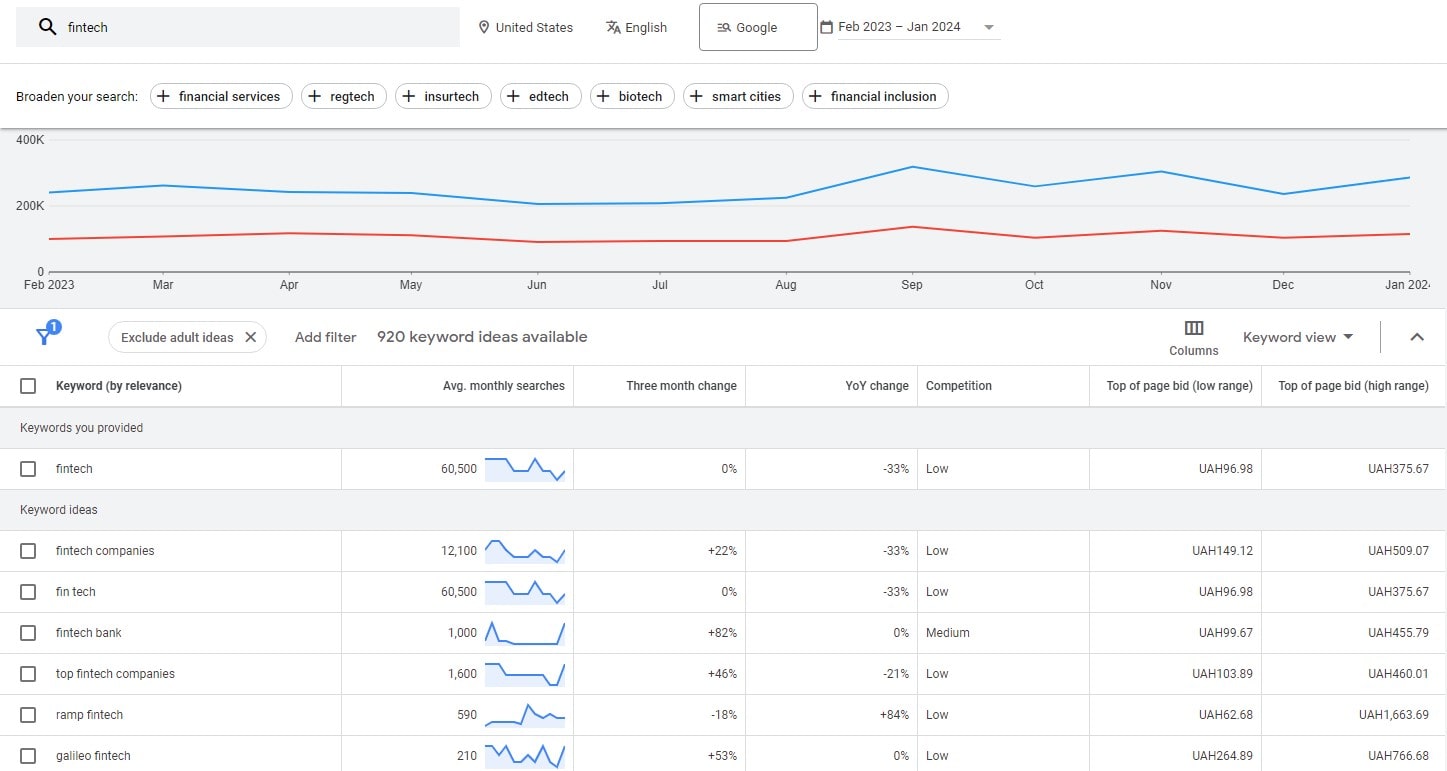
In the Fintech industry, see SEO as a treasure hunt. Including “seo” and “fintech” often—about five to six times—is like charting the treasure on a map. In Fintech’s tech-savvy and competitive environment, learning your keyword strategy—especially around “seo” and “fintech—could be the secret to being found in the huge digital landscape instead of lost.
Techniques for “SEO” and “Fintech” Keyword Identification
Starting keyword research starts with knowing the searches your target market runs across. Essential in Fintech SEO, using tools like Google’s Keyword Planner or SEMrush helps one understand ‘SEO’ and ‘fintech-related search volumes and challenges. With an eye toward long-tail keywords—especially those entwined with “seo” and “fintech—this helps Fintech. Keywords such as “best fintech SEO strategies 2024” or “fintech advancements in SEO” appeal to particular consumers with particular interests and complement the particular “fintech” offerings, therefore improving the SEO strategy.
Applying “SEO” and “Fintech” Keywords Strategically
Weighing a list of targeted keywords—including “seo” and “fintech”—into the text of your website is crucial. This is about creating worthwhile material that naturally incorporates “seo” and “fintech” keywords, not only about throwing these buzzwords about. Landing pages, blog entries, and even meta descriptions should mirror “seo” and “fintech” in an organic and helpful manner for the user. Luring readers interested in this field, a blog post named “The Impact of SEO on Fintech Trends 2024” contains key terms and provides worthwhile material. Regular content updates including the newest “fintech” and “seo” terminology guarantees your website remains relevant and authoritative.
Giving’seo’ and ‘fintech top priority in your SEO plan will help you to find a straight course over the digital sea. It brings your material into line with the particular wants and questions of your readers. Carefully choosing and arranging the appropriate “seo” and “fintech” keywords guarantees that your Fintech offerings are seen and appeal to the target customer set. In the always changing and competitive Fintech scene, where relevance and specificity greatly improve your online presence and company performance, this focused approach is very vital. In the realm of SEO, particularly in Fintech, the correct words are effective weapons.
Leveraging High-Quality Content for Fintech SEO

Content is not only king in the digital era; it’s the Fintech realm’s currency. Excellent Fintech SEO material goes beyond just information; it also engages, solves, and guides your readers over the convoluted realm of financial technology.
Content Types for Fintech
Content variety is absolutely important in Fintech. Blog entries analyzing the newest trends—such as developments in mobile banking or cryptocurrencies—can establish you as an industry leader. Providing in-depth insights, informative ebooks or whitepapers on subjects like “The Future of Blockchain Technology” or “Navigating Financial Regulations in 2024” appeal to a more involved audience looking for thorough understanding. These styles improve search engine optimization and give readers great value, therefore establishing credibility and power. Creating interactive materials like financial calculators or infographics also helps to simplify difficult facts, so increasing the accessibility and shareability of your material and so extending the audience for it.
Optimizing Content for SEO
SEO and great content go hand in hand. It’s not only about stuffing papers with keywords but also about creating material that addresses questions of your readers. For example, a paper on “Emerging Fintech Technologies in 2024” that deftly combines pertinent keywords can greatly raise search engine results and offer insightful analysis. Moreover, changing current material to represent the most recent Fintech innovations will help your SEO efforts to be revived. With concise paragraphs, headlines, and a call to action urging readers to subscribe to a newsletter or investigate your offerings, your information must also be easily navigable.
Using premium content, fintech SEO links your company to your audience. It’s about laying a road of pertinent, worthwhile knowledge that straight leads users to your answers. Offering diverse, well-optimized, and interesting material helps you to raise your SEO results and build your brand as a reliable and authoritative Fintech source. This approach builds audience confidence and loyalty as well as website traffic, therefore transforming visitors into consumers and champions. Your content is the lighthouse guiding users over the complexity in the always changing world of Fintech, where technology and finance cross. Your brand is the go-to source for ideas and answers.
On-Page SEO Optimization
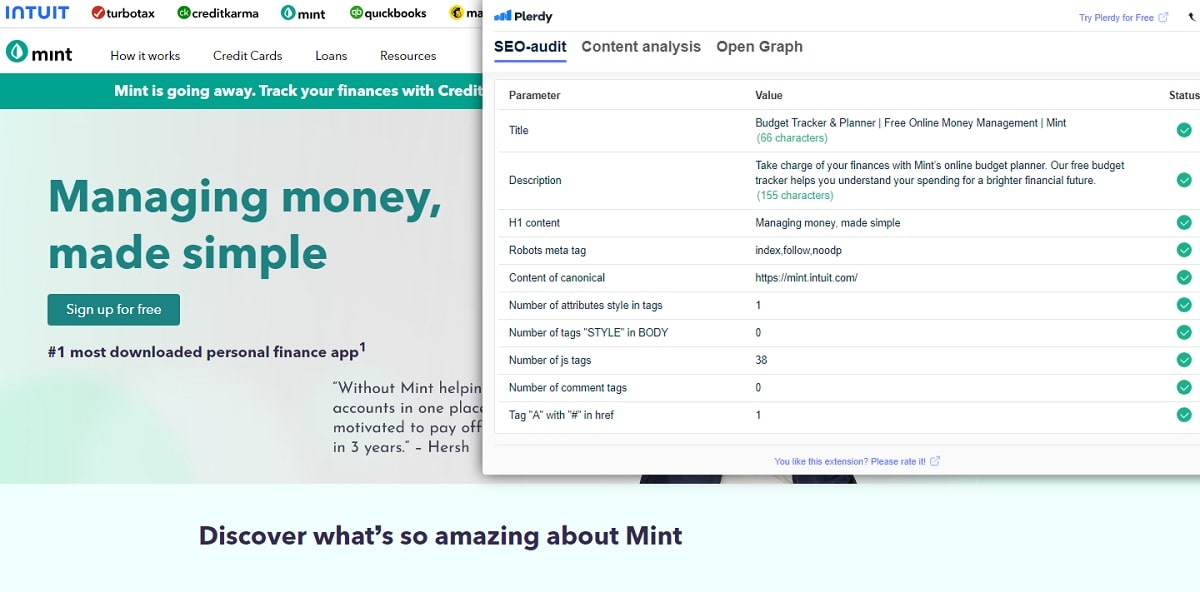
On-page SEO optimization is your toolset for making sure every pixel of your website contributes to your overall SEO strategy in the complex realm of Fintech, where specifics count as much as the whole picture. It’s about adjusting the engine under the hood of your website to guarantee digital racing performance is seamless and efficient.
Key On-Page Elements
In Fintech, on-page SEO is mostly about improving aspects directly influencing the visibility and user experience of your website. Potential customers first impressions of you are brief, interesting, and keyword-rich title tags and meta descriptions. A title tag such as “Revolutionizing Digital Payments: A 2024 Fintech Guide” for example grabs interest and applicability. Meta descriptions should also clearly highlight the content of the page, tempting clicks free from false promise.
Headings and subheads direct readers and search engines across your material, not only provide structural support. Their natural integration of keywords will improve SEO and readability. The material has to be interesting, educational, and enhanced by organically occurring keywords inside the text. This approach responds to user questions, therefore enhancing search engine results. Descriptive alt texts and file names help to optimize photos so improving user experience and accessibility, so supporting SEO.
Enhancing User Experience for Better Fintech SEO
Your Fintech website’s user experience is absolutely crucial. A site that loads quickly, is easy to use, and shows information has more likelihood of keeping users interested. Including responsive design guarantees that your site is usable on many devices, which is absolutely important considering the rising mobile usage in order to access financial services. Furthermore including interactive tools like loan calculators or chatbots for quick assistance would greatly improve user involvement, thereby indirectly improving your SEO by raising the time spent on your website.
In the Fintech sector, on-page SEO optimization is a painstaking process combining technical correctness with user-centric components. It’s about designing an online space where every component—from the meta description to the layout—works in concert to not only satisfy search engines but also give your users a flawless, quick, educational, and interesting experience. In a sector where professionalism and confidence rule, this harmony is absolutely vital. By concentrating on these on-page elements, you ascend the SEO ladder and create a strong, respectable online presence in the Fintech space.
Fintech SEO Strategy: Building Quality Backlinks
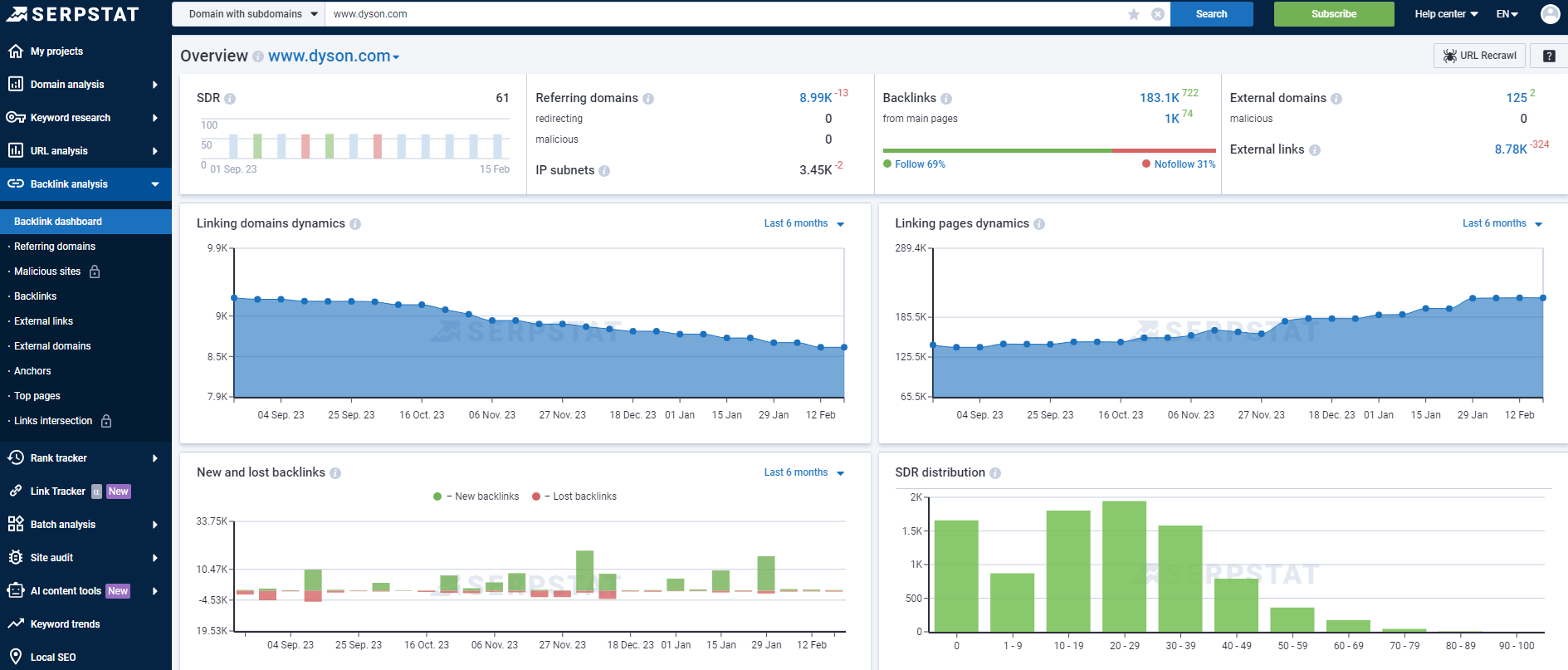
In the Fintech SEO space, building quality backlinks is akin to creating solid alliances. It’s about building a network of reliable contacts that improves your web presence and supports your status as a reliable Fintech sector authority.
Effective Backlink Strategies
Developing quality backlinks mostly depends on producing strong, authoritative material that appeals naturally to links. This can be interesting blog entries, creative research, or thorough Fintech topic materials. Value is more likely to be referenced by credible financial sector websites when you offer it.
Another great strategy is guest writing on prestigious finance or fintech forums. By offering knowledge in these areas, you expose your readers to useful hyperlinks. Backlink chances can result from networking at trade shows and engaging in pertinent web forums. Moreover, tools such as Ahrefs can show where rivals are acquiring backlinks, so providing information on possible backlink sources for your website.
Monitoring Backlink Quality
Just as important as getting backlinks are maintaining their quality. High-quality backlinks from relevant and authoritative Fintech websites have more weight than many connections from unrelated or poor-quality sources. Moz backlink audits search your backlinks for those that can compromise your search engine optimization. Regular monitoring guarantees the health and efficacy of your backlink profile; hence, being aware of changes in your backlinks will help you to identify areas that need work or cause for concern.
Creating quality backlinks in Fintech SEO is a strategic effort requiring careful content generation, active community involvement, and ongoing monitoring rather than only a tactical one. Creating excellent backlinks strengthens your SEO campaigns and helps you establish credibility in the Fintech sector. Remember, in the realm of digital finance, your market position can be much influenced by the quality of your links.
Utilizing Local SEO for Fintech
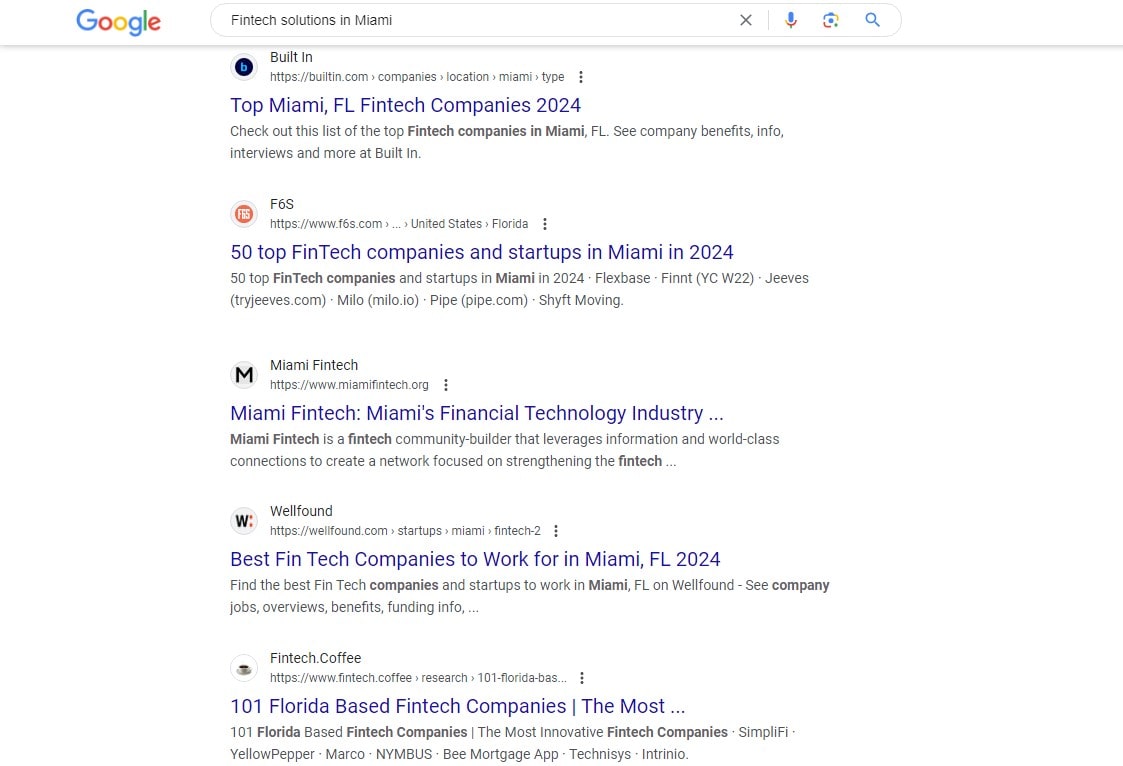
In the Fintech space, where global reach is sometimes stressed, local SEO’s power is like an unsung hero. It’s about leaving your mark on the local scene so that, in particular localities, your offerings appeal and find the correct audience.
Local SEO Essentials
Fintech’s local SEO is absolutely vital, particularly for companies concentrating on certain geographical markets. Optimizing Google My Business consists on changing contacts, location, and services. Also crucial is including local keywords into the content and meta tags of your website. Phrases like “Fintech solutions in [City],” or “Digital banking services near me,” can greatly increase local awareness. Including your Fintech company in pertinent local business directories helps you to show up in local search results by building local citations. Through events or alliances, involving nearby communities can also help to improve local SEO, so raising local brand awareness and maybe creating useful local backlinks.
Engaging Local Audience
Customize your material and marketing plans to meet local requirements and interests if you are going to successfully involve a local audience. This can entail producing blog entries or social media material on particular financial trends or issues facing your target market.
Strong tools are also local client evaluations and testimonials. Motivate happy local customers to share their stories. This increases community trust by means of real, location-specific material and improves local SEO. Participating in local online forums, answering questions, and engaging local audiences on social media will help to confirm your presence in the local market.
Using local SEO in the Fintech industry connects and resonates with the community around you rather than only makes you visible.
Harnessing the Power of Social Media for Fintech SEO
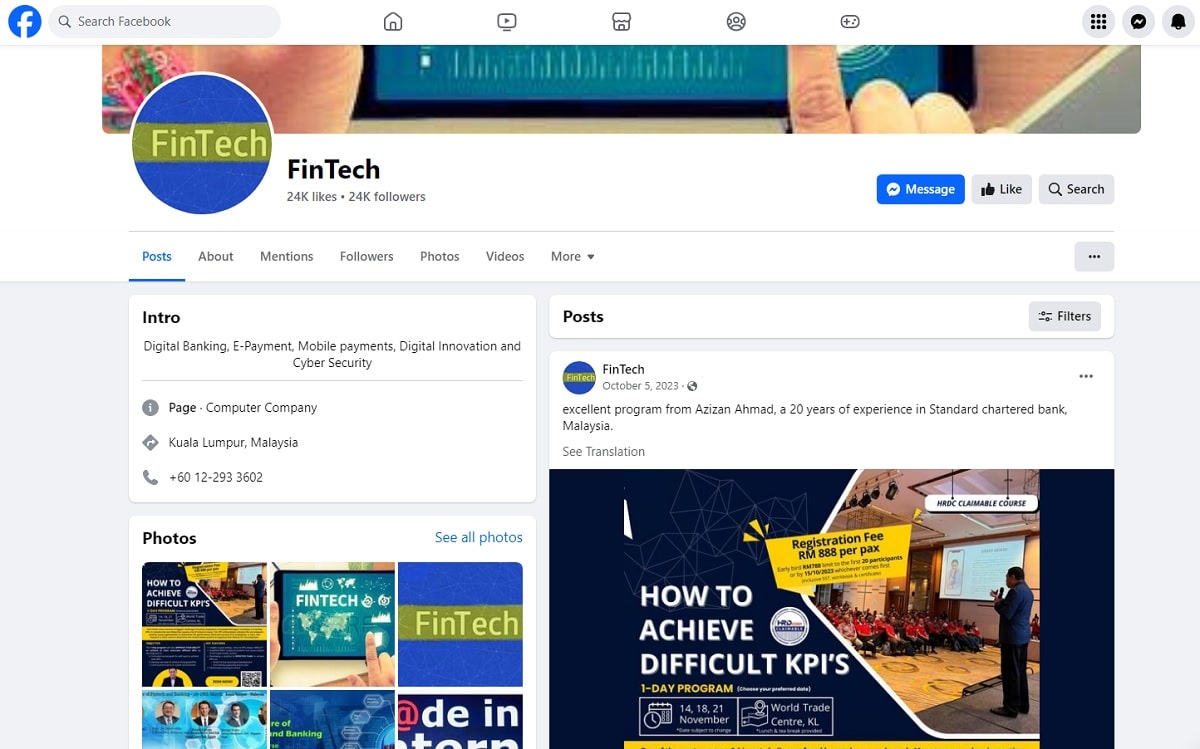
Using social media for SEO is like finding a new currency of engagement in the fast-paced Fintech environment, where conventional marketing strategies sometimes fail. It’s about leveraging social media’s dynamic platforms to increase your SEO initiatives and establish closer connection with your audience.
Integrating Social Media into SEO Strategy
Content marketing and audience interaction on social media can greatly affect your SEO approach. Distribution of your content on social media boosts your audience and website traffic—a crucial SEO metric. Sharing industry insights, updates, and blog entries on sites like LinkedIn, Twitter, and Facebook will help you to increase the reach and possible backlinks of your material. Through better content visibility and participation, social signals such likes, shares, and comments can subtly boost SEO. Participating in pertinent discussions, answering comments, and interacting with your audience on these platforms help to improve brand visibility and authority.
Maximizing Engagement through Social Media
Customize your social media material to fit the requirements and interests of your target market in order to enhance involvement.
This entails creating and distributing market trend infographics, professional Fintech insights, and interactive financial habits polls—all of which are favorable for a community. Strategically use hashtags to raise awareness in particular financial discussions and attract a larger audience eager in Fintech subjects.
Working with Fintech thought leaders or influencers can also help you to increase your profile and give your company credibility. Find the greatest content using social media analytics, then modify your plan.
Including social media into your Fintech SEO plan is about building meaningful relationships and offering value that echoes outside of your close social media group, not only about consistent posting. Active and smart participation enhances SEO and creates a community of committed followers able to market your company. Social media is a great friend in increasing the online presence of your Fintech brand in the digital age, when interactions and relationships drive internet visibility.
Embracing Mobile for Fintech SEO
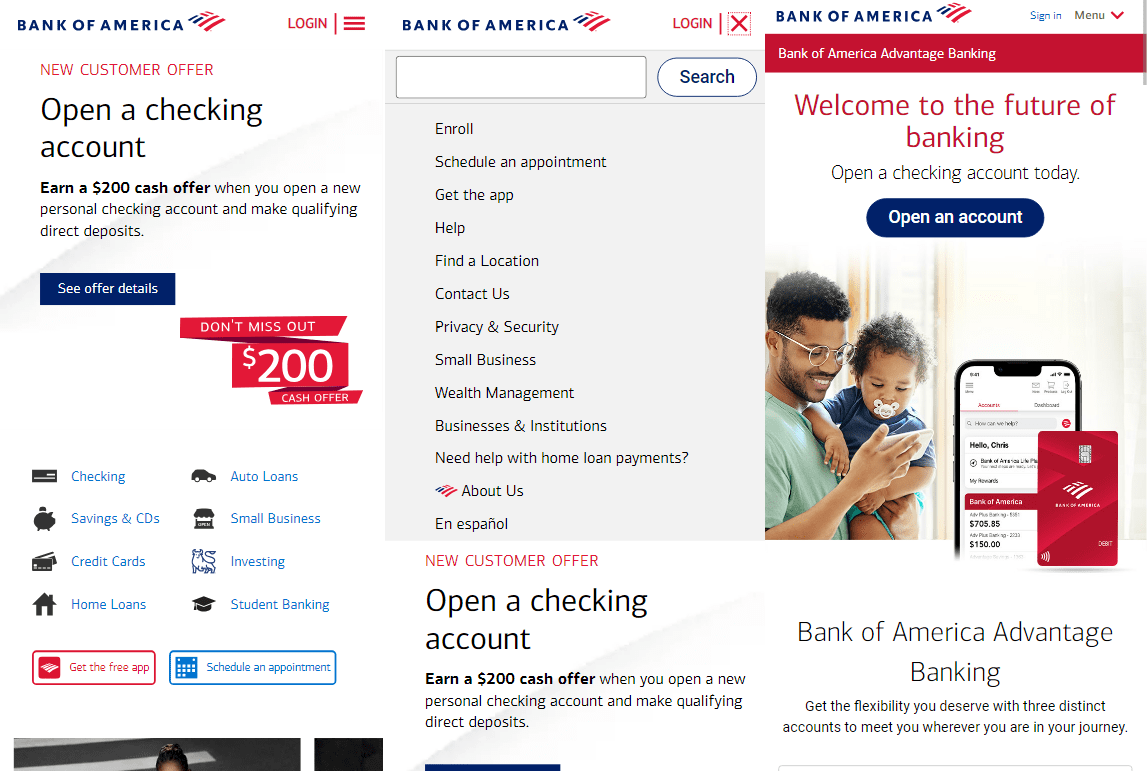
Ignoring mobile SEO is like leaving money on the table in the Fintech environment of today, when cellphones virtually are extensions of ourselves. It’s not only about being mobile-friendly; it’s also about learning mobile SEO to guarantee your Fintech products are easily reachable with only a finger.
Importance of Mobile Optimization
For Fintech organizations, mobile optimization is absolutely critical. Your website needs to be mobile device friendly given rising amounts of financial transactions and interactions occurring via cellphones. This translates into a responsive design that fits screen width, quick loading times, and simple mobile navigation. Optimizing for local searches on mobile is particularly crucial since many consumers seek for financial services near by. This covers adding location-based keywords and making sure your local listings are current. Recall that a mobile-optimized site ranks higher in mobile searches and serves user convenience—a major consideration given Google’s mobile-first indexing approach.
Best Practices for Mobile SEO
Make sure your website’s mobile version is user-friendly, with readable information and simple-to-click buttons, if you want to shine in mobile search. Implement accelerated mobile pages (AMP) to speed up loading times, which keeps mobile users engaged.
It also maximizes voice search since many cell users use voice commands for web searches. This means including in your material natural language and question-based keywords.
Consistent user experience depends also on regular testing of your website on several mobile devices. Google’s Mobile-Friendly Test might evaluate the mobile performance of your website and offer recommendations for development.
Including mobile SEO into your Fintech plan is not only following a trend; it’s about matching the changing behavior of your target market. More than just a convenience, a mobile-optimized site is required in a society when consumers want flawless, instantaneous access to financial services. Mobile SEO increases your online presence and user experience, so strengthening client confidence and loyalty. Maintaining lead in the fast-paced Fintech digital scene demands making sure your offerings are as mobile as your audience.
Analyzing SEO Performance
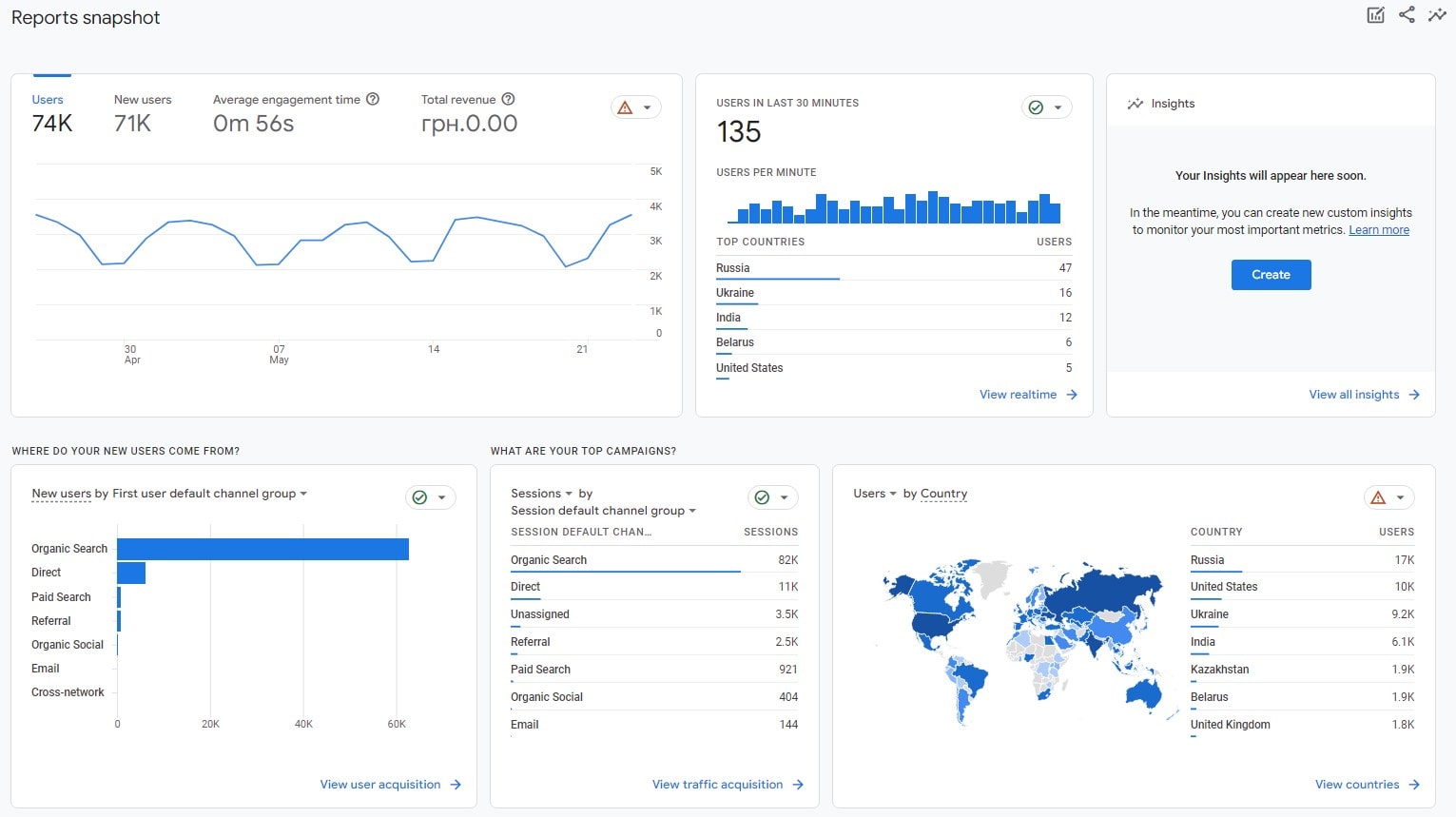
Analyzing performance in Fintech SEO is like negotiating a ship across the digital sea. The information gathered acts as a compass, guiding plans and making sure your SEO initiatives complement your company goals and are successful.
Key SEO Metrics
Examining SEO success starts with monitoring important indicators that reveal the general state of performance of your website. These include keyword searches, which show how highly your site ranks for specific terms, and organic traffic, which mirrors search engine visitor count. Examining the click-through rate is absolutely vital.
(CTR), which displays the frequency of clicks on your website among those who find it among search results. The bounce rate—that is, the proportion of site visitors who leave following one page—is still another crucial statistic. Bounce rates could point to areas on your website or content needing work. Track conversion rates to learn how successfully your site transforms visitors into leads or customers.
Using Analytics for Improvement
Using Google Analytics allows you to delve deeply into the performance data of your website. You can find the most often used pages, from whence your traffic is coming, and how
Users engage with your website. This information is priceless in pointing up areas needing work. For some pages with heavy traffic but poor conversion rates, for example, content optimization or improved call-to-action strategies may be needed.
Furthermore revealing information on improving the user experience is the analysis of user behavior patterns. Exist pages whereby users regularly drop off? Are there routes across your website that lead more frequently to conversions? Dealing with these issues might direct your site design choices and content approach.
The continuous success of your Fintech SEO plan depends on routinely evaluating your performance. Data-driven decisions improve search engine results and user experience, therefore raising engagement, conversion, and client retention. Monitoring these indicators closely and always improving your strategy depending on their insights guarantees that your Fintech website stays current and competitive in the always changing digital scene. In SEO, success is about keeping that place and always adjusting to fit your audience’s evolving demands and behavior, not only about climbing the search results.
Eventually
Remember that, just as the technology it is built on is continually changing, so is the field of Fintech SEO in 2024 as we draw to an end our trip over the dynamic planet. Since digital marketing is always developing, one must keep ahead. If you are ready for more and have appreciated this in-depth study, keep on. Your go-to partner for tools and ideas that put knowledge into use is Plerdy; their blog is a true gold mine of material full of pieces that will strengthen your SEO and marketing plan. Keep visible, keep ahead of the curve, and let Plerdy lead you.
